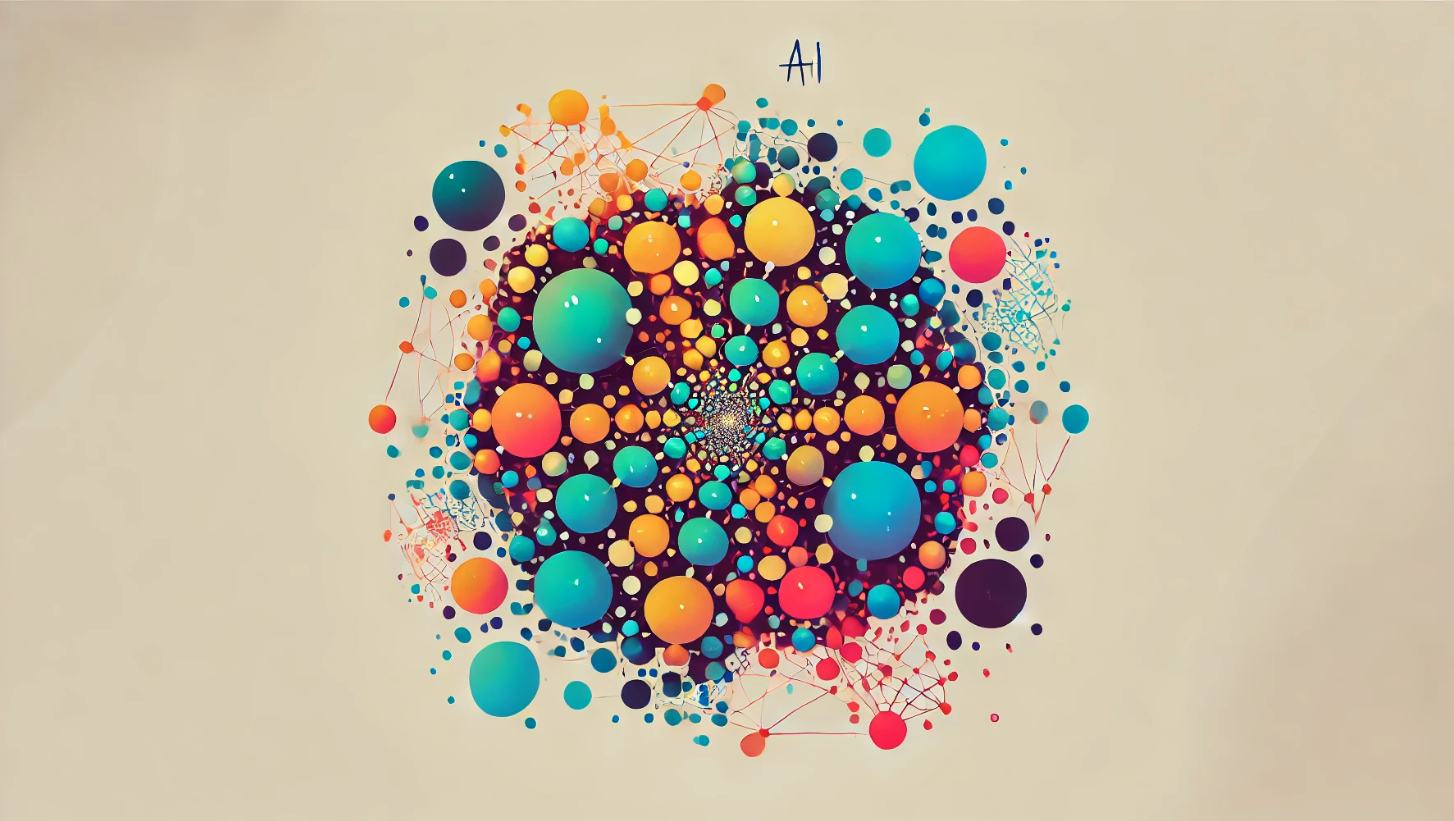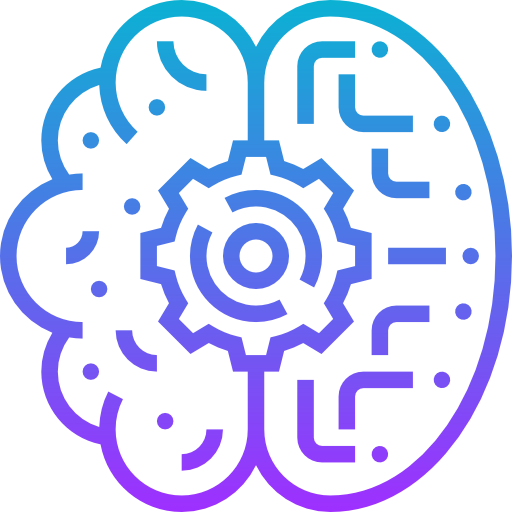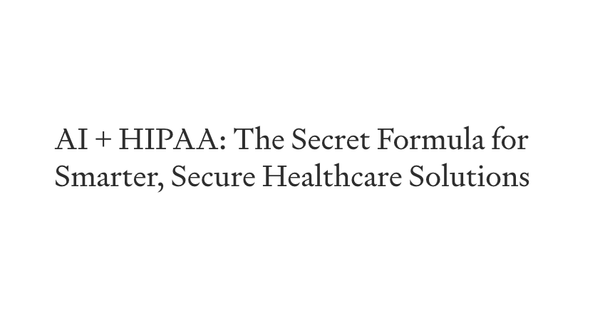The Double-Edged Sword of AI in Medical Records - Navigating the Ethical Healthcare Maze
Table of Content
Imagine a scenario where an AI system misdiagnoses a critical condition because it was trained on biased data. The consequences could be devastating, yet this possibility underscores the ethical challenges in using AI for medical records. While the technology offers groundbreaking potential to improve healthcare outcomes, it also raises significant ethical concerns.
This article dives into the double-edged sword of AI in medical records, balancing its benefits with the ethical dilemmas it poses.
The Benefits of Ethical AI in Medical Records
When implemented ethically, AI in medical records can revolutionize healthcare.
For instance:
- Improved Diagnosis Accuracy: By analyzing vast datasets, AI can identify patterns that enhance diagnosis and create personalized treatment plans. This approach could reduce human error, as discussed in this article.
- Streamlined Data Management: Automating administrative tasks allows healthcare providers to focus on patient care, improving efficiency across the board.
- Advancements in Medical Research: With access to anonymized patient data, AI systems can accelerate breakthroughs in treatment development.
Ethical Considerations
Despite its benefits, the integration of AI into healthcare comes with pressing ethical concerns:
1- Privacy and Data Security:
Ensuring patient data remains confidential is paramount. Breaches could erode trust in the system.
2- Bias and Fairness in AI Algorithms
Bias in training data can lead to unequal treatment outcomes, exacerbating health disparities.
3- Transparency and Explainability:
Patients and providers must understand how AI systems arrive at decisions, fostering accountability.
4- Informed Consent and Patient Autonomy:
Patients should be fully aware of how their data is being used, ensuring they maintain control over their health decisions. Learn more about this issue in this article.
Challenges and Risks
Ethical implementation of AI in medical records is no small feat. Key challenges include:
- Technical Challenges: Developing robust systems that adhere to ethical standards requires significant expertise and resources.
- AI Errors and Biases: Even minor errors can lead to catastrophic healthcare outcomes. Read about the implications in this article.
- Data Sharing and Interoperability: Balancing the need for data accessibility with privacy is a complex ethical dilemma.
- Legal and Regulatory Hurdles: Navigating diverse regulations across regions adds another layer of complexity.
Stakeholders and Their Roles
Achieving ethical AI implementation requires a collective effort:
- AI Developers: Build systems with fairness, transparency, and accountability as core principles.
- Healthcare Providers: Ensure responsible adoption and educate patients on AI tools.
- Policymakers: Establish clear regulations and standards for ethical use.
- Patients: Advocate for transparency and informed consent in AI applications.
Real-World Use-Cases
Ethical AI has already shown its potential:
- Success Stories: Some hospitals use AI to streamline patient management with impressive results.
- Ethical Breaches: Conversely, cases of misdiagnosis and data misuse highlight the dangers of neglecting ethics. For a deeper understanding, check out this article.

Future Directions and Recommendations
To navigate the ethical maze, stakeholders should:
- Adopt Best Practices: Prioritize transparency, fairness, and patient welfare in AI development.
- Invest in Research: Continuously improve AI systems to address existing flaws and biases.
- Foster Collaboration: Encourage partnerships across disciplines to create balanced solutions.
The potential for AI in healthcare is immense, but it must be guided by ethical principles to ensure equitable and effective outcomes.
Conclusion
The integration of AI into medical records is a powerful tool for advancing healthcare, but its potential must be tempered with ethical considerations. By fostering a balanced approach, stakeholders can unlock the benefits of AI while safeguarding patient trust and well-being. It’s time for all parties to take responsibility and prioritize ethics in the rapidly evolving landscape of AI-driven healthcare.












